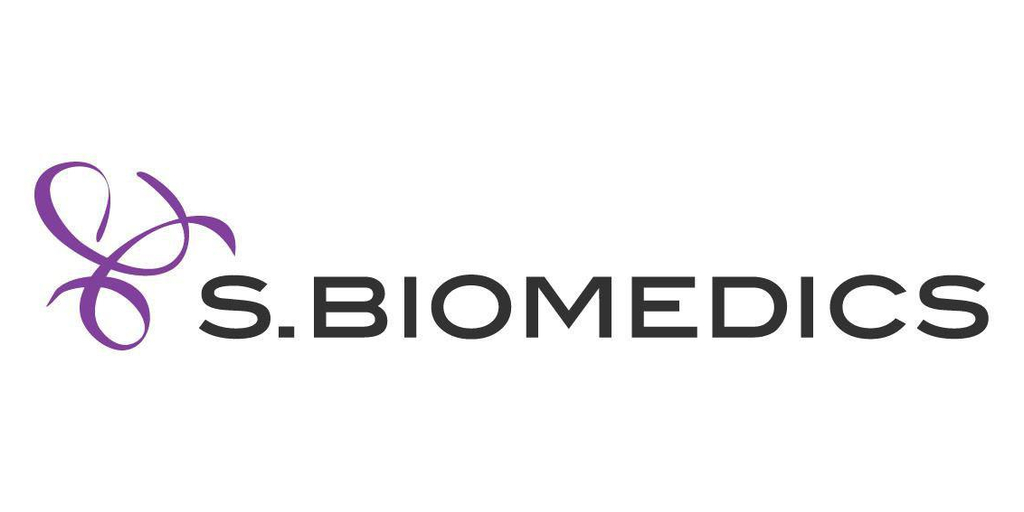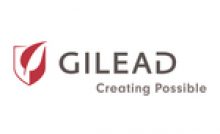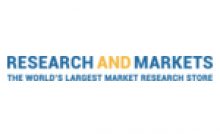S.BIOMEDICS completes brain transplant of hESC-derived dopaminergic progenitors (TED-A9) for Phase 1/2a study in patients with Parkinson’s disease


- TED-A9 is high-purity midbrain dopaminergic progenitor cells derived from human embryonic stem cells (hESCs) under rigorous GMP conditions
- Investigational cell therapy with TED-A9 completed transplantation of 12 participants in a Phase 1/2a trial
SEOUL, South Korea–(BUSINESS WIRE)–#BrainTransplant—S.BIOMEDICS Co., Ltd. (KOSDAQ: 304360) announced that it has successfully completed the brain transplant of TED-A9 (hESC-derived dopaminergic progenitors) for Phase 1/2a study for treating Parkinson’s disease. The clinical trial was conducted on 12 participants who have been diagnosed with Parkinson’s disease for more than 5 years and exhibited motor complications such as drug wearing-off, freezing of gait or dyskinesia. The participant’s age was between 50 and 75 years old. TED-A9 were administered to 6 participants in the low-dose group (3.15 million cells) and to another 6 participants in the high-dose group (6.30 million cells).
“The first administration began last year and completed the transplantation of 12 patients in February of this year without any special problems,” said Prof. Dong-Wook Kim at Yonsei University College of Medicine, developer of TED-A9 and CTO of S.BIOMEDICS. The primary objective of the Phase 1/2a trial is to assess the safety and exploratory efficacy of TED-A9 transplantation for two years post-transplant. Safety will be monitored for additional 3 years, making it a total 5 years.
An initial cohort of three patients was enrolled at a low dose to assess initial safety, including dose-limiting toxicity (DLT) evaluation, over up to 3 months post-transplantation. There were no safety concerns within this timeframe. Thus, an additional 3 patients were enrolled at a high dose for evaluation over another 3 months post-transplantation. As no safety issues arose during this extended period, the clinical trial continued by adding three further patients to each of the low-dose and high-dose groups, totaling 12 patients. “The transplantation process targeted three segments of the putamen; the anterior, middle, and posterior sections, with three tracks per each putamen. Bilateral putamina received cell transplantation in a single surgical procedure, with cells injected at three points within each track,” Prof. Dong-Wook Kim explained.
The clinical trial was conducted at Severance Hospital led by Prof. Jin-Woo Chang, a neurosurgeon and the principal investigator of the transplant and Prof. Phil-Hyu Lee, a neurologist. According to Prof. Chang, none of the 12 Parkinson’s disease participants had any side effects, complications, or unusual adverse reactions following the transplantation of TED-A9.
The development of TED-A9 has been led by Prof. Dong-Wook Kim. TED-A9 is ventral midbrain-specific dopaminergic progenitors derived from hESCs by exclusively utilizing small molecules. TED-A9 represents a significant advancement in the field, offering highly purified dopamine cells derived from hESCs. S.BIOMEDICS believes that when surgically transplanted into the brain, these high-purity dopamine cells, replacing dead cells, have the potential to restore the motor function of patients with Parkinson’s disease.
“At S.BIOMEDICS, we are committed to developing data-driven medicine for Parkinson’s disease,” said Prof. Dong-Wook Kim. “We have developed a fundamental therapeutic mechanism that directly replaces dopaminergic neurons lost in patients with Parkinson’s disease. TED-A9 could represent a fundamental treatment that surpasses current therapies, which only temporarily alleviate the symptoms of Parkinson’s disease,” he added.
About S.BIOMEDICS
Established in 2005, S.BIOMEDICS is at the forefront of stem cell therapy, focusing on regenerative medicine powered by data-driven biology. Based on two core platform technologies, S.BIOMEDICS currently develops seven cell therapy programs, targeting non-curable diseases. Its leading programs are under clinical stage accelerating the journey of cell medicine as shown below:
- TED-A9: Ventral midbrain-specific dopaminergic progenitor cells derived from hESCs for Parkinson’s disease (Phase 1/2a)
- TED-N: PSA-NCAM-positive neural progenitor cells derived from hESCs for spinal cord injury (Phase 1/2a)
- FECS-AD: 3D MSC spheroids for critical limb ischemia (Phase 1/2a)
For more information about S.BIOMEDICS, visit www.sbiomedics.com. S.BIOMEDICS is listed on the Korea Exchange (KOSDAQ: 304360) and is also the founder and controller of S.THEPHARM, a corporation specializing in anti-aging products such as HA-Filler.
More Information about the Phase 1/2a trial is available at ClinicalTrials.gov (NCT05887466).
Contacts
S.BIOMEDICS
Jong-Wan Kim
jwkim@sbiomedics.com
Recent Posts
AIA Hong Kong continues to lead the insurance industry with 9 market No.1 in 2024
Number of New Business Policies tops the market for 11 consecutive years HONG KONG SAR…
Feng Wei Ju and 8½ Otto e Mezzo BOMBANA Garner Coveted Diamond Awards in Black Pearl Restaurant Guide 2025
MACAU SAR - Media OutReach Newswire - 25 April 2025 - 2025 Black Pearl Restaurant…
Creww and Real Madrid Next launch Batch 2 of “Real Madrid Next Accelerator for Asia”
TOKYO, JAPAN - Media OutReach Newswire - 25 April 2025 – Creww Inc. (Japan Office:…
Digital Storytelling: “Zhengzhou in Cultural Relics” Debuts with AR Reconstructions Global Premiere on International Day for Monuments and Sites
ZHENGZHOU, CHINA - Media OutReach Newswire - 25 April 2025 – On International Day for…
Chinese and foreign guests gather to talk about innovation and development of Museum in Liangzhu, Hangzhou
HANGZHOU, CHINA- Media OutReach Newswire - 25 April 2025 - From April 23 to 25,…
Hang Lung’s 65th Anniversary Celebrations Arrive at Shanghai Grand Gateway 66 and Plaza 66 Debut of “ButterBear” & Takashi Murakami’s Ohana Hatake Pop-up
Fuel double-digit growth in foot traffic and sale HONG KONG SAR and SHANGHAI, CHINA -…


